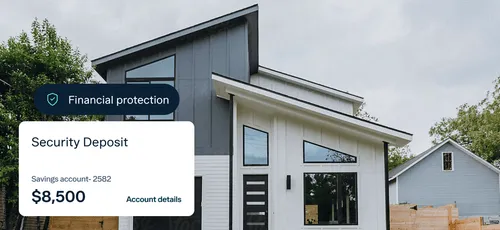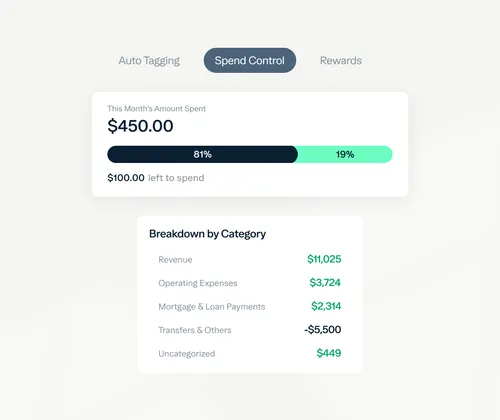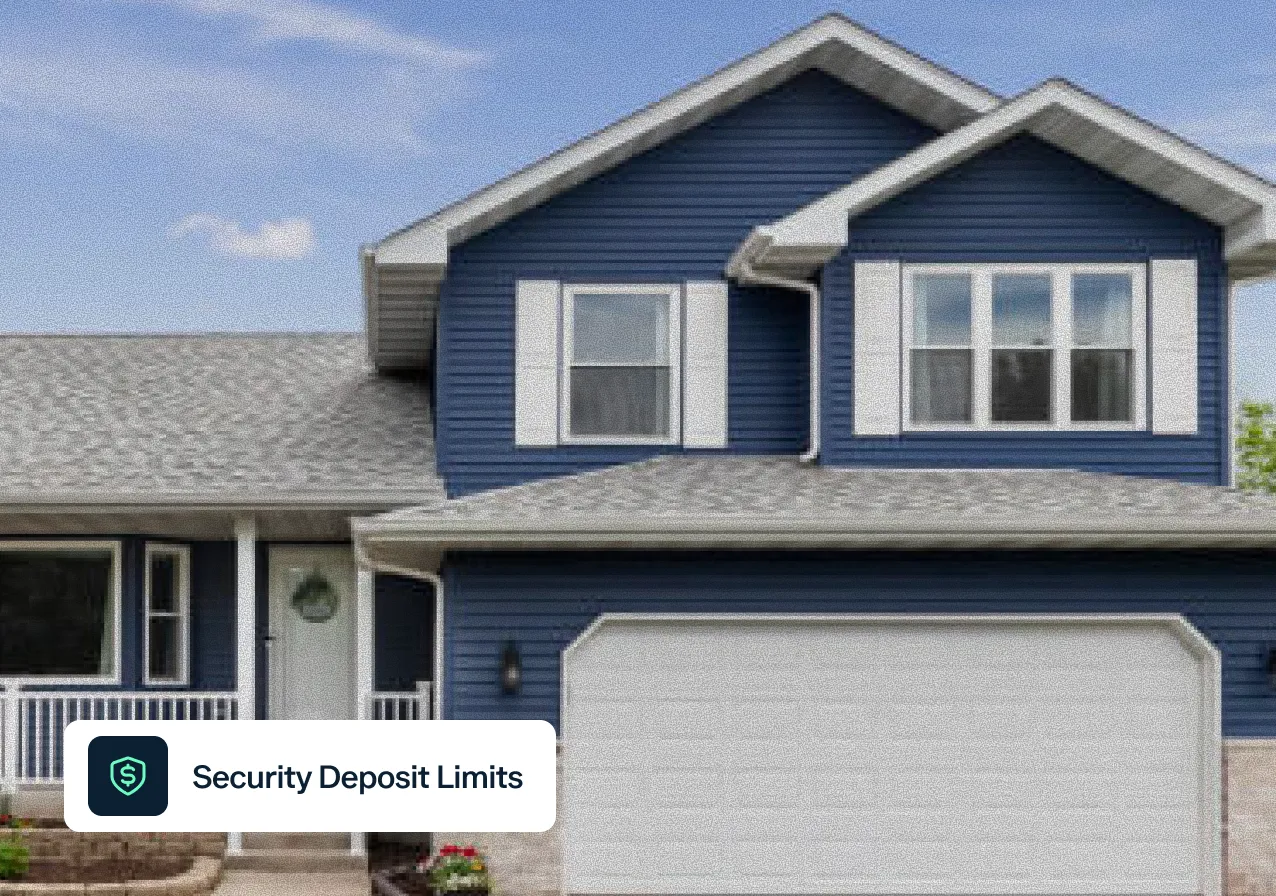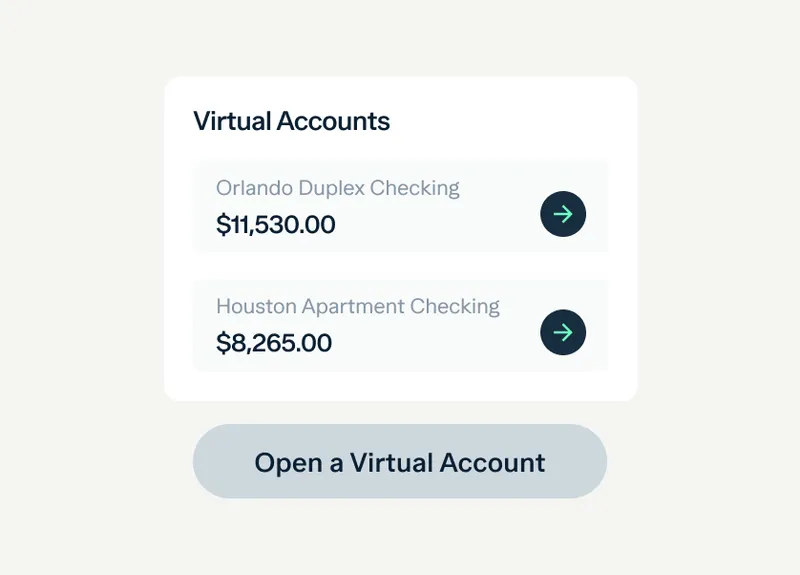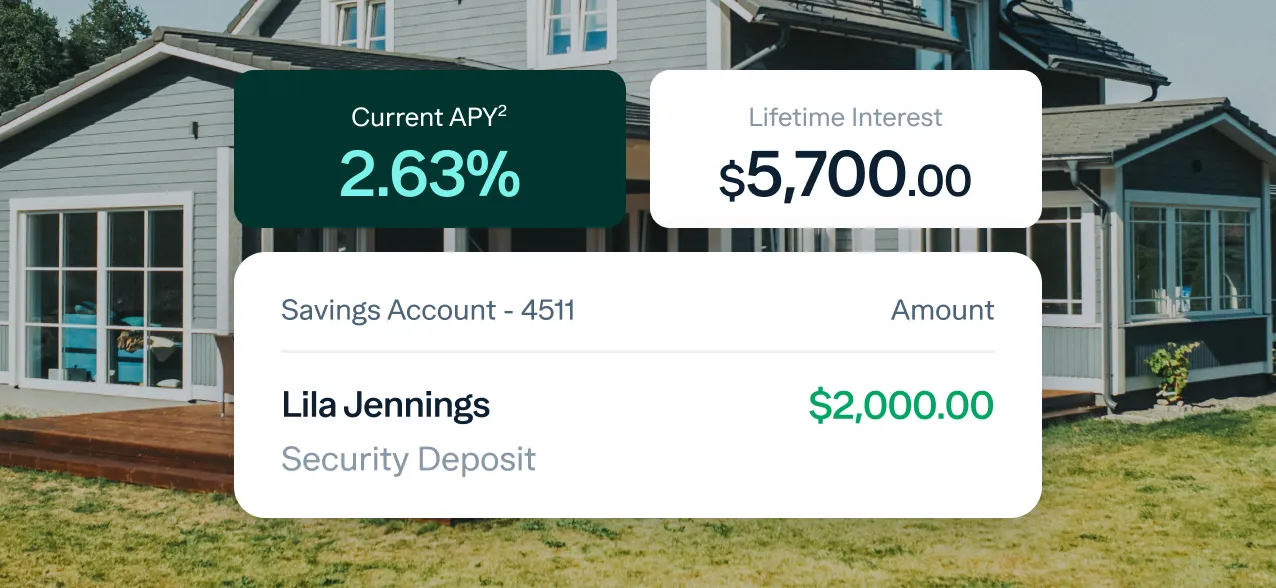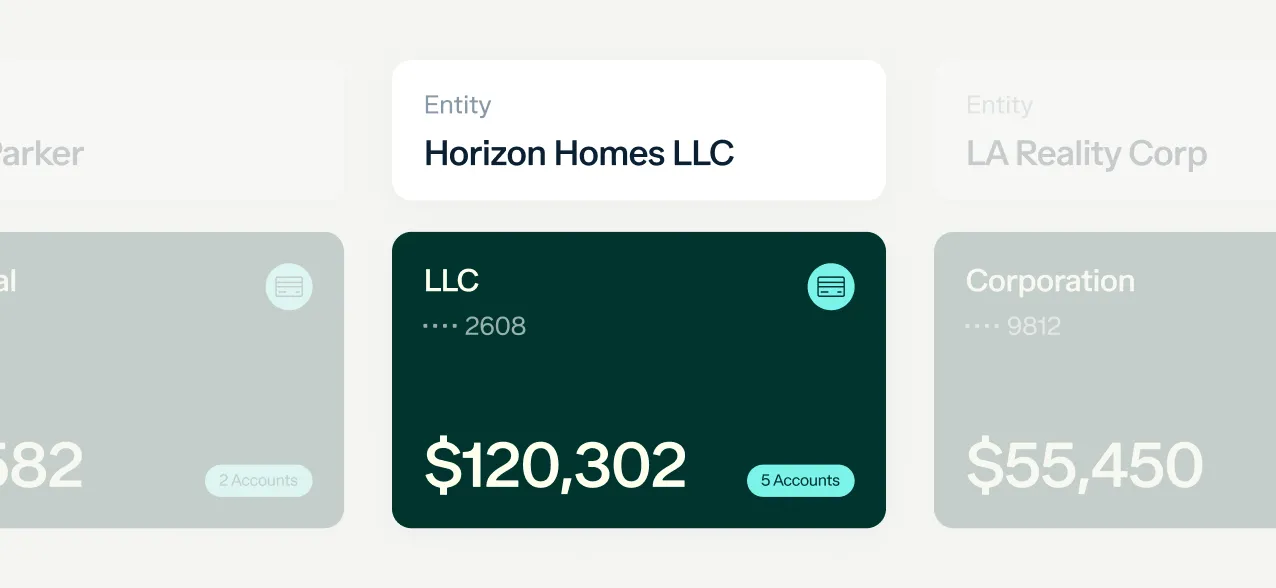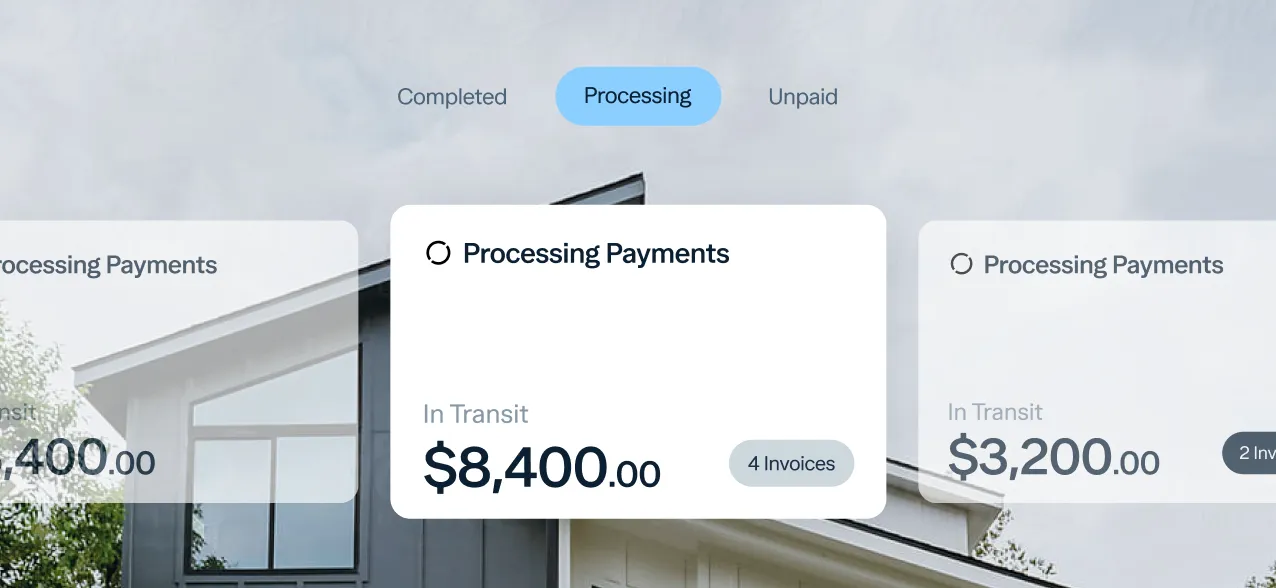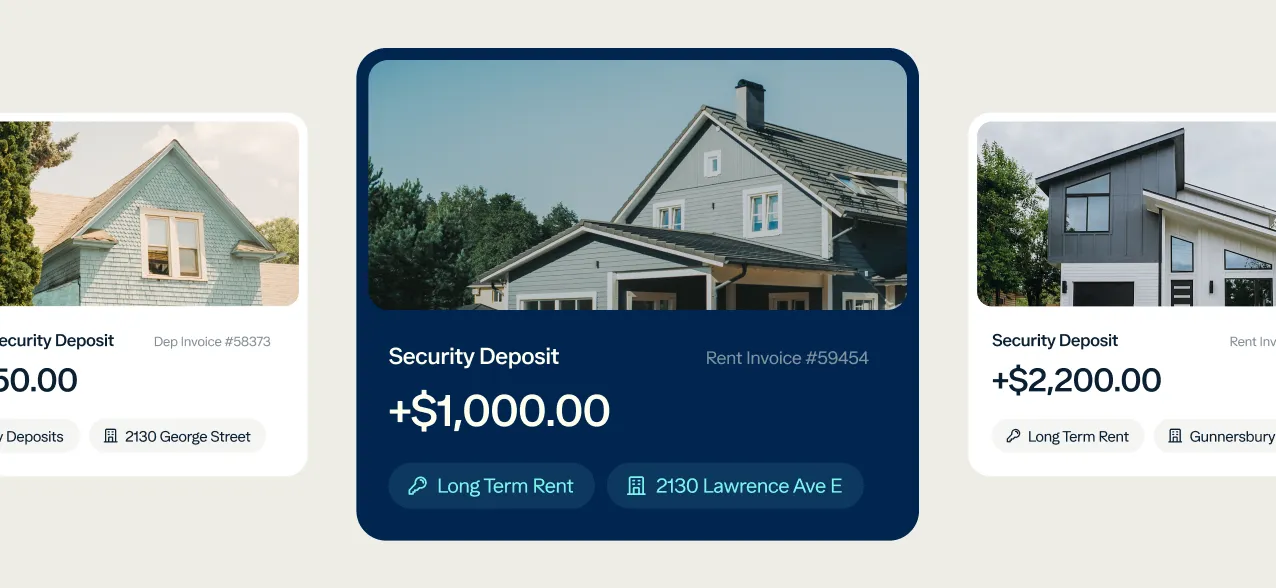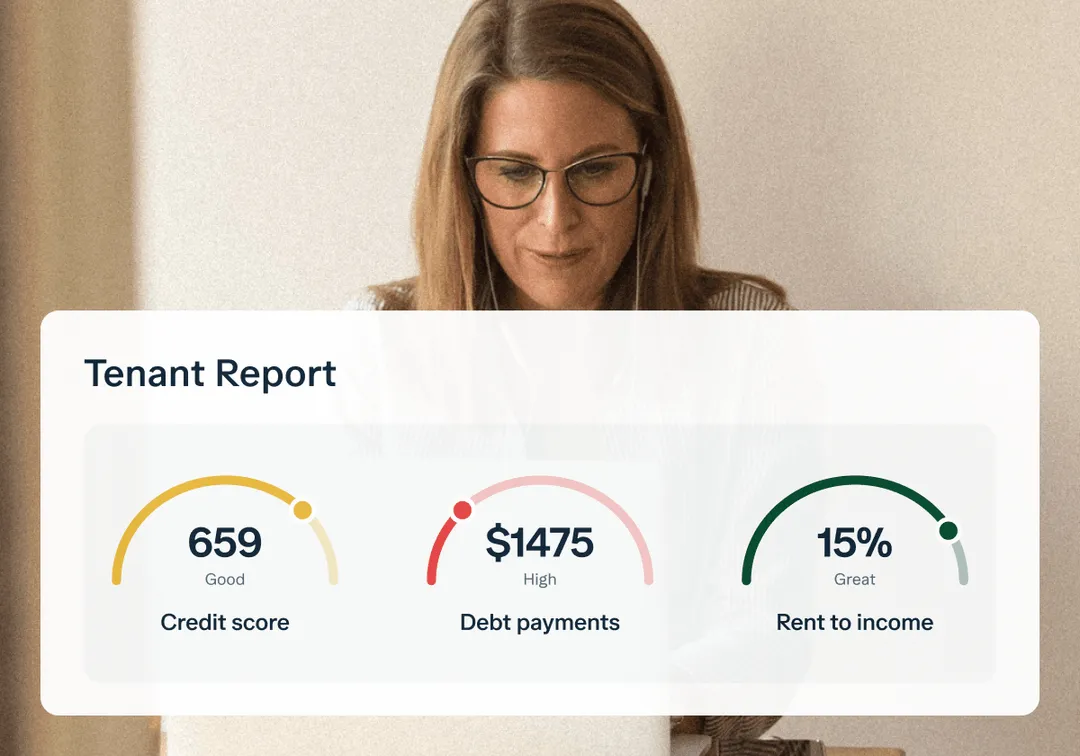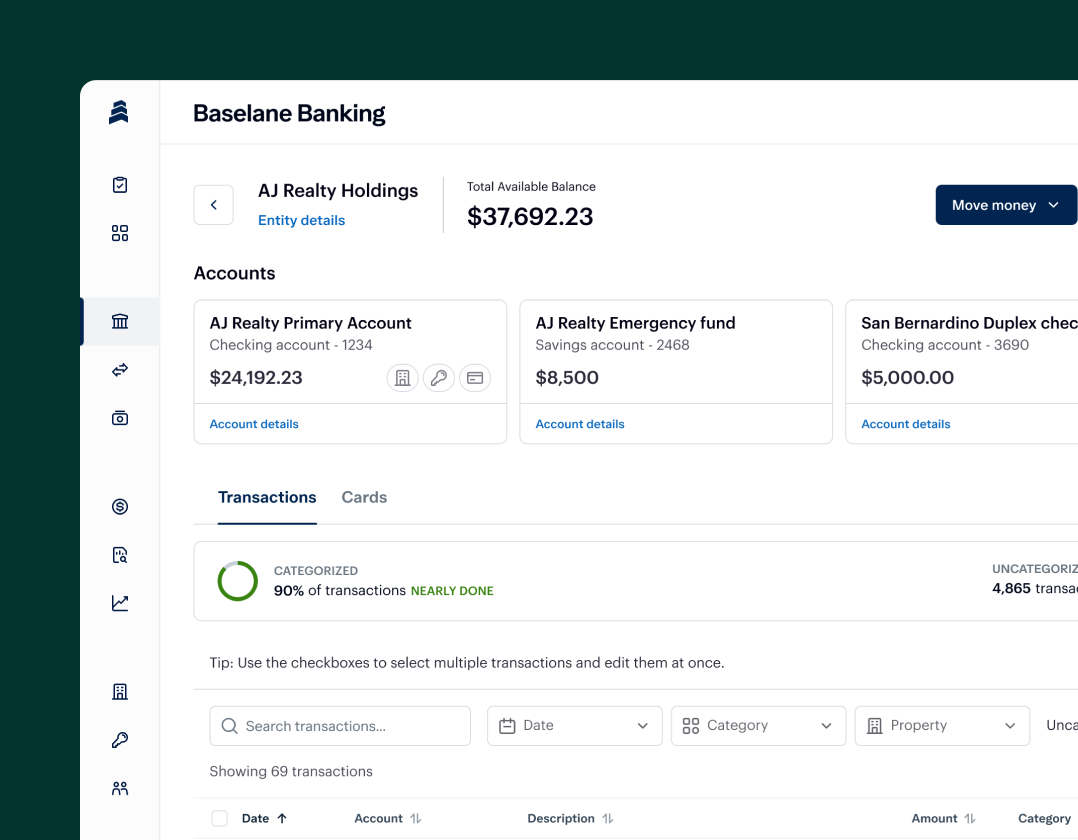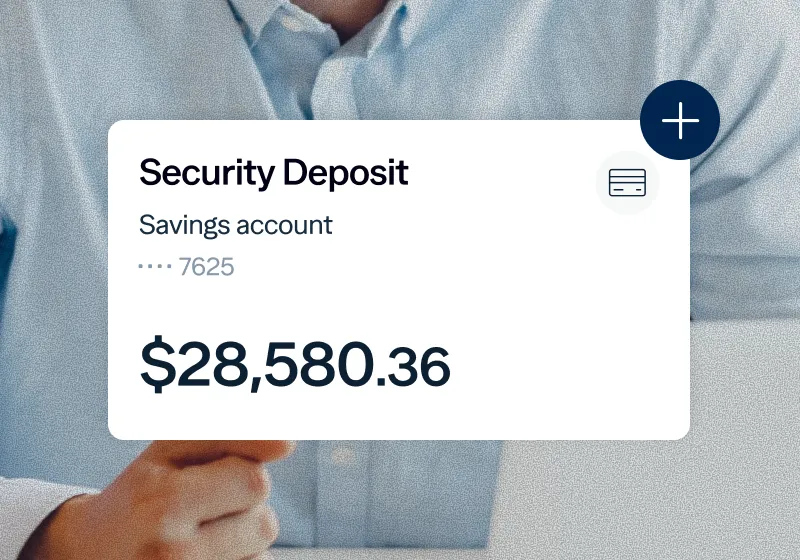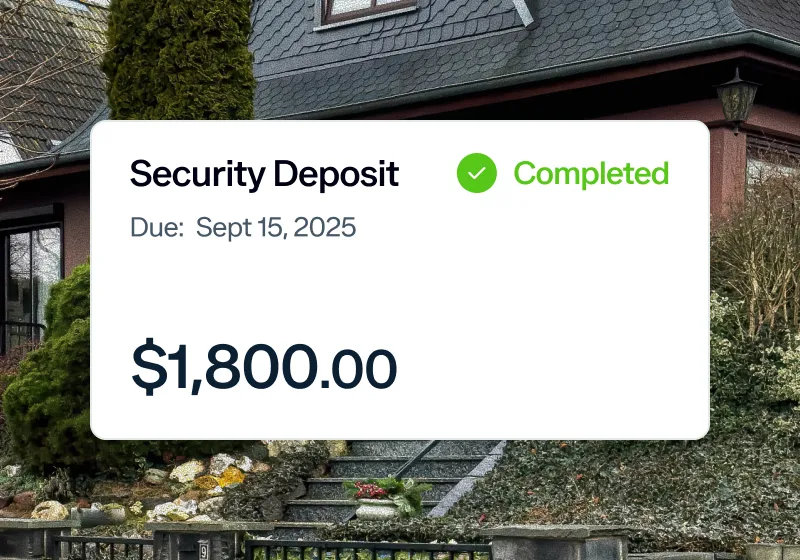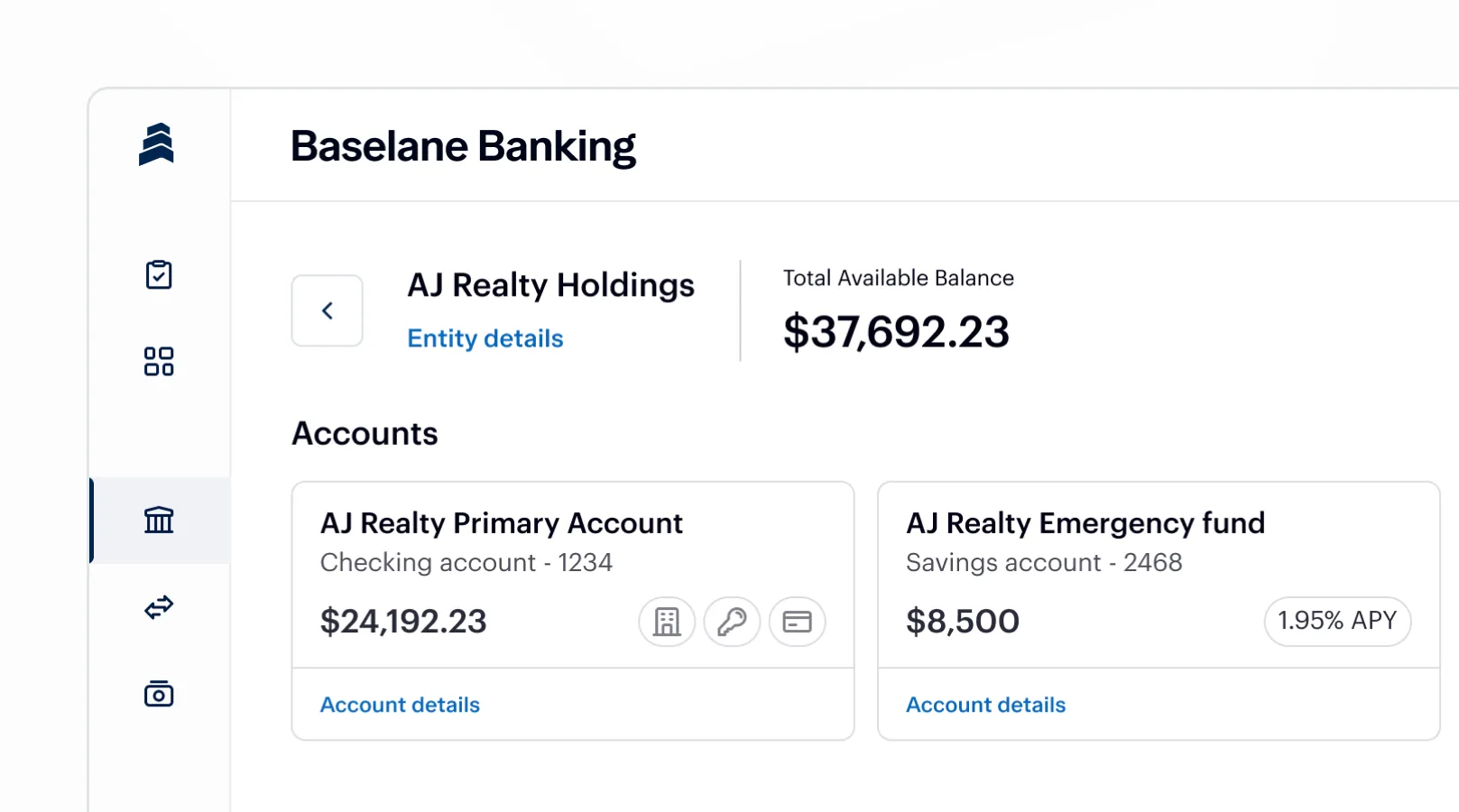In Arizona, the maximum security deposit that a landlord can charge is equivalent to one and a half months' rent. This limit applies to both furnished and unfurnished properties, and it also covers any additional fees, such as pet deposits or cleaning fees. Landlords are required to return the security deposit, minus any deductions for damages or unpaid rent, within 14 days of the tenant moving out. If the landlord fails to do so, the tenant may be entitled to damages of twice the amount wrongfully withheld. It's important to review your lease agreement and state laws to fully understand the specific terms and conditions related to security deposits.
Security deposit rules in {{ state }}
Limit: In Arizona, landlords may collect a tenant security deposit of up to one and a half months’ rent. This rule applies to all rental agreements, regardless of the tenant’s credit history, rental background, or pet ownership. The tenant security deposit amount must be clearly stated in the lease agreement before move-in. Holding the tenant deposit in a security deposit bank account in Arizona helps ensure proper handling and compliance.
Return Deadline: The landlord must return the tenant deposit within 14 business days after the tenant vacates the property and provides a written request for the refund. Along with the refund, the landlord must include an itemized list of deductions for damages or unpaid rent. Failure to return the tenant security deposit or provide documentation within this time frame may result in forfeiture of the right to withhold funds.
Acceptable Deductions: Landlords may deduct unpaid rent, late fees, and the cost of repairing damages beyond normal wear and tear. Reasonable cleaning or restoration expenses may also be deducted if necessary to return the property to its move-in condition. All deductions must be supported by documentation and shared with the tenant.
Where to Deposit: Arizona landlords are not legally required to hold deposits in an interest-bearing account or security deposit escrow account in Arizona, but it is considered best practice to do so for transparency and accountability. Using a landlord tenant security deposit bank account in Arizona or a dedicated trust account helps landlords separate tenant funds from personal or business money. Although there is no mandated security deposit interest rate, landlords who use an escrow or bank account can still benefit from maintaining clear financial records and ensuring compliance with Arizona rental laws.

